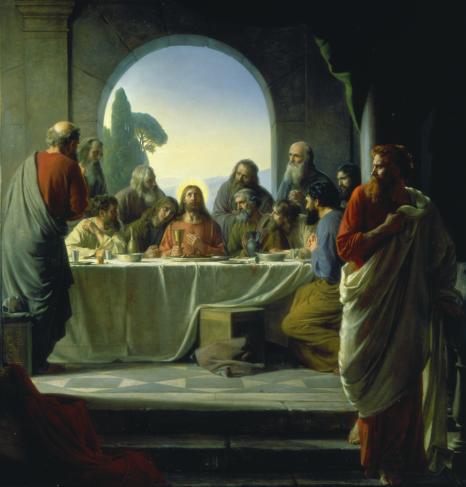My niece, who is leaning towards Evangelical Protestantism these days, asked me earlier if I had heard of "Power in Praise", which appears to be this particular book. No objections to the power of praise, and I've been to pentecostal services too (both Evangelical and Catholic). I'm not a great big fan, but I don't mind, assuming it doesn't stand to replace what Christ never meant to be replaced. I'm talking about sacraments.
Such as the sacrament of reconciliation. As the Holy Father explains, it is a restoration of our communion with the Father. We were indeed washed, justified and sanctified in baptism, a sacrament which St. Peter declares saves us, but as we journey through life, we dally with sin on occasion. St. Peter cites the example of someone who once again takes up his vomit. But Christ is the healer, and as he declares to the leper, "of course I want you to be clean". He goes beyond declaring us clean though. He stretches out his arm, touches us, and makes us clean.
Physical. Sacramental. Not because the priest is holy, but because Christ is holy.
And don't get me started on the Eucharist. On second thought, please do. The source and summit of our faith indeed, the Eucharist. Unless we eat of the flesh and blood, meat indeed and drink indeed, then we have no life in us (John 6). Physical. Sacramental. Not because the bread is yummy, or the wine makes us feel good, or that the worship service has great praise and worship music. No, it's because Christ declared it so. His body. His blood. We can't really understand it completely, and it isn't obvious. We might regard it with complete skepticism (or cynicism) as did the Pharisees when they beheld the poor, unknown carpenter from Nazareth. Nothing spectacular to look at. No bells and whistles. As plain as ordinary bread. And that's enough Truth for me.


No comments:
Post a Comment